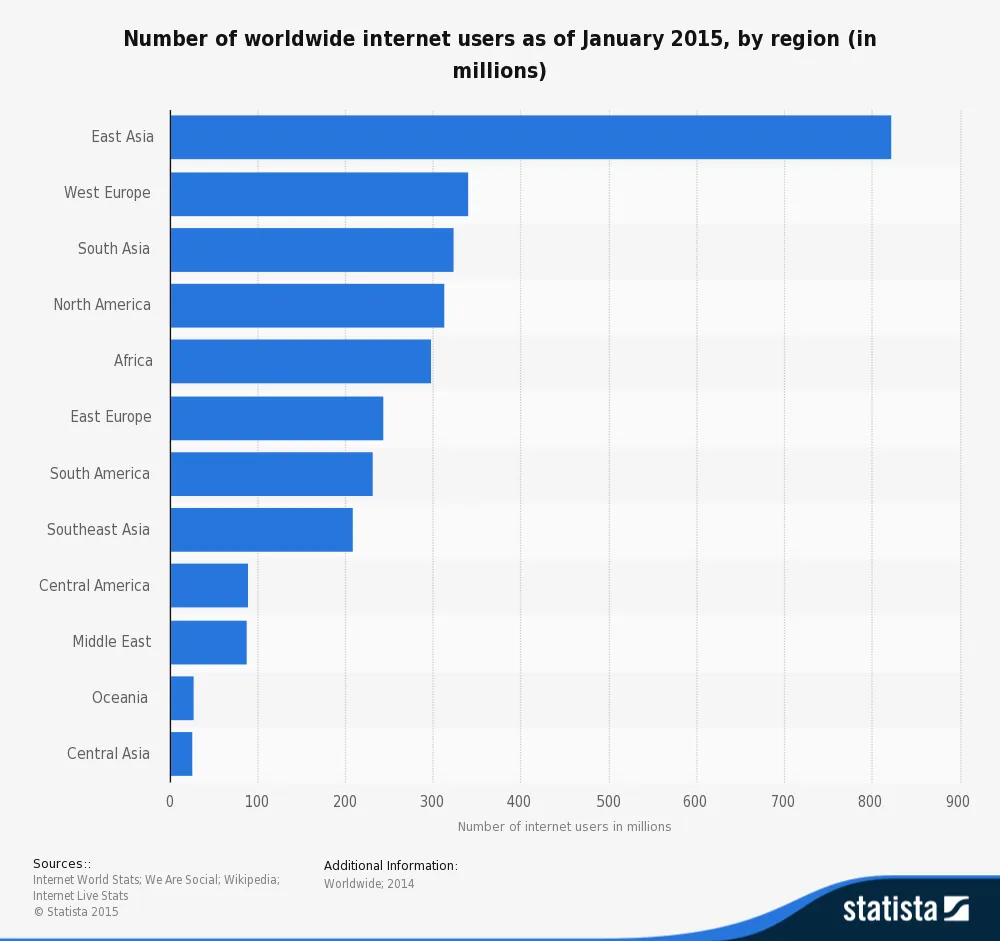Network Neutrality, which literally protects freedom of speech, has become a controversial concept in the U.S.
The Internet is an essential commodity in contemporary life. No one disagrees. However, not everyone agrees on the relevance of network neutrality.
Net neutrality was founded on the idea that the Internet is open to all, with all websites treated equally, whatever the platform used to access them.
It upholds the idea that Internet Service Providers (ISPs) like Verizon and Comcast should not transfer selected data into “fast lanes” so users can access them faster, and, on the other hand, block or discriminate against other content to slow them down, so users cannot access them easily.
The idea upheld is also to provide this service like a utility, and prevent discrimination in delivering its service; a city’s water supply is a utility service that affords the same water pressure to all, considering as immaterial, user identity or reason for consumption.
In other words, an ISP should not be allowed to make a huge global corporation’s website faster than a small business website. The inventor of the World Wide Web, Tim Berners-Lee, himself, says,
“It’s time to recognize the internet as a basic human right. It means guaranteeing affordable access for all, ensuring internet packets are delivered without commercial or political discrimination, and protecting the privacy and freedom of web users regardless of where they live.”
In fact, the United Nations Human Rights Council, in 2012, determined that connecting to the internet is a human right. The UN Resolution condemned all attempts to block free speech online, and stated in conclusion, that “the same rights that people have offline must also be protected online, in particular, freedom of expression.” The resolution was updated and unanimously re-adopted twice, in 2014 and in 2016.
This principle of being fair to all content and websites, took on enhanced significance during the global stay-at-home orders and consequently extensive remote work situations.
#internet #freedom #rights #internet-as-a-right #universal-rights #good-company #latest-tech-stories #net-neutrality
